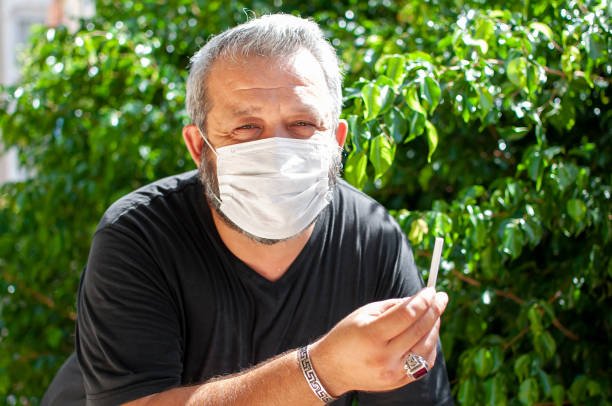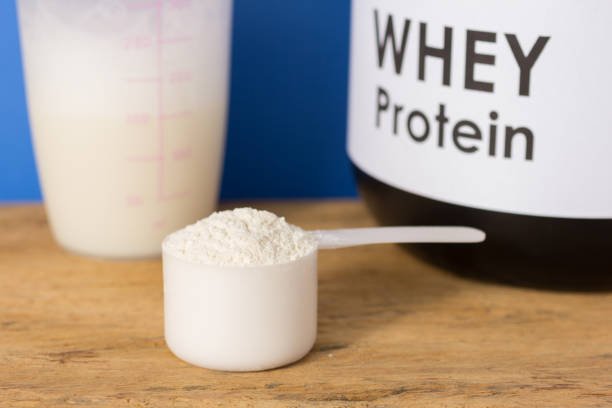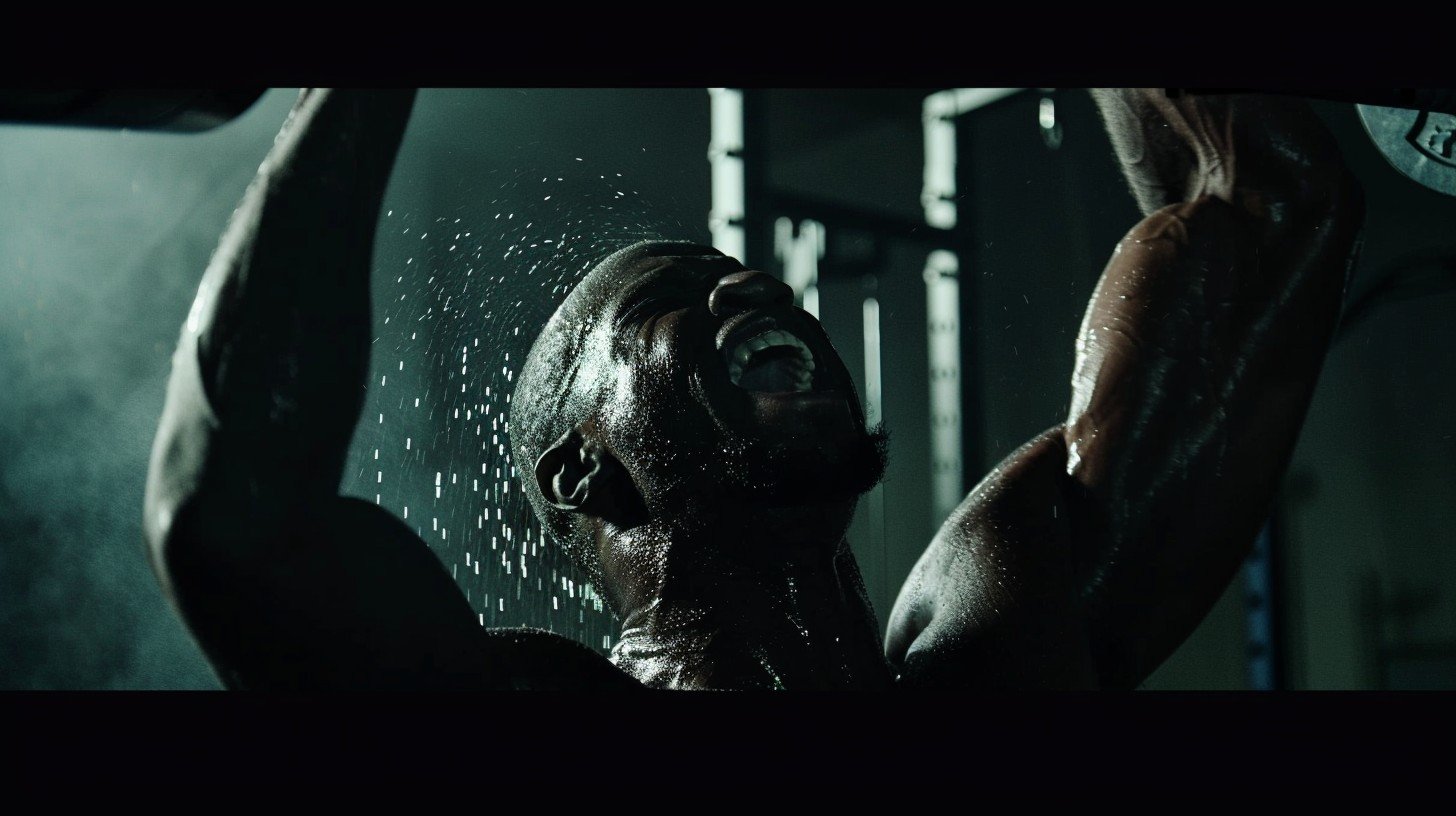Introduction
Deciding to quit alcohol cold turkey is a bold move. If you’re thinking about ditching the bottle once and for all, you probably have a lot of questions. Whether you’re doing it for health reasons, to improve relationships, or just because you’ve had enough, quitting alcohol is a life-changing decision. But going cold turkey isn’t just about waking up one day and saying, “I’m done.” There are real challenges—both physical and mental—that come with it.
So, what should you know before you make the leap? Let’s explore the process, the risks, and how you can safely navigate quitting alcohol cold turkey.
What Does “Quitting Cold Turkey” Mean?
Quitting cold turkey refers to the abrupt cessation of alcohol without any tapering down or using medications to ease the process. It’s a tough-love method where you stop drinking all at once. The term “cold turkey” originates from the idea that you confront the issue head-on without trying to ease into it gradually. It’s like tearing off a bandage all at once rather than slowly peeling it away.
Why People Choose to Quit Alcohol Cold Turkey
There are many reasons why someone might decide to quit alcohol cold turkey. Some want immediate results—they’re done with alcohol and don’t want it in their lives for another day. Others may feel that tapering down doesn’t work for them and that quitting suddenly is the only way they can take control.
For many, quitting cold turkey is about reclaiming power over their lives. It might also be motivated by personal reasons such as saving relationships, improving health, or simply feeling the negative impact of alcohol on daily life.
Physical and Psychological Impact of Alcohol on the Body
Alcohol has a complex effect on the body, especially if you’ve been drinking regularly for a long time. It alters the brain’s neurotransmitters, leading to feelings of relaxation and euphoria when consumed. But, with long-term use, your body starts to depend on it to function normally, creating tolerance and dependence.
Heavy drinkers may not realize how alcohol affects their sleep, heart, liver, and brain over time. Chronic consumption can lead to numerous health issues, including liver damage, heart disease, and mental health disorders.
Symptoms of Alcohol Withdrawal
One of the biggest challenges of quitting cold turkey is alcohol withdrawal. Your body has gotten used to functioning with alcohol in its system, so removing it suddenly can trigger a range of symptoms. Common withdrawal symptoms include:
- Shakiness or tremors
- Sweating
- Nausea and vomiting
- Anxiety and irritability
- Headaches
- Insomnia
- Rapid heart rate
In more severe cases, symptoms can include hallucinations, seizures, and delirium tremens (DTs), a life-threatening condition that requires immediate medical attention.
Risks of Quitting Cold Turkey

While some people successfully quit alcohol cold turkey, it’s not always the safest option for heavy drinkers. For those with a high level of alcohol dependence, quitting suddenly can lead to severe health risks, including seizures, heart complications, and DTs. Delirium tremens is characterized by confusion, hallucinations, and potentially dangerous shifts in your body’s systems, including heart rate and blood pressure.
These risks make it essential for heavy drinkers to consult a medical professional before attempting to quit cold turkey. In some cases, a supervised detox or gradual reduction of alcohol may be a safer option.
Alcohol Withdrawal Timeline
The timeline of alcohol withdrawal can vary depending on your level of alcohol use, but here’s a general breakdown:
- First 24 hours: Mild symptoms such as headaches, anxiety, and insomnia begin to appear.
- Days 2-3: Symptoms typically peak during this period. This is the time when the risk of seizures and DTs is highest.
- Day 4 onwards: Symptoms begin to subside for some, but others may continue to experience issues like anxiety and mood swings for weeks or even months.
Detox vs. Quitting Cold Turkey
Medical detox is a supervised process where professionals help you through the withdrawal stage with medications and monitoring to manage symptoms. Quitting cold turkey, on the other hand, is unsupervised and can be more dangerous for those with severe alcohol dependence. Detox offers a safer way to manage withdrawal symptoms, especially for heavy drinkers, by minimizing the physical risks involved.
The Role of Medical Supervision in Quitting Alcohol
If you’re considering quitting alcohol cold turkey, it’s crucial to consult with a healthcare provider. They can evaluate the severity of your alcohol dependence and recommend the best course of action. In some cases, medications like benzodiazepines are used to reduce withdrawal symptoms and prevent dangerous complications like seizures.
Psychological Challenges After Quitting Cold Turkey
Physical symptoms aren’t the only hurdle. After you quit alcohol cold turkey, you may experience psychological challenges such as intense cravings, anxiety, and depression. The sudden loss of alcohol can leave you feeling emotionally vulnerable. Many people rely on alcohol to cope with stress, and without it, they may struggle to manage their emotions.
Coping with Withdrawal Symptoms
While medical assistance is highly recommended for those with severe dependence, there are ways to cope with mild withdrawal symptoms if you decide to quit cold turkey. These include:
- Hydration: Drink plenty of water to flush toxins from your body.
- Rest: Sleep is crucial for your body to recover.
- Nutrition: Eat a balanced diet to help your body heal.
- Distraction: Engage in hobbies, exercise, or spend time with loved ones to keep your mind off cravings.
Support Systems for Long-term Sobriety
Quitting alcohol is just the first step. Staying sober requires ongoing support. Family and friends can play a significant role in your recovery, offering encouragement and accountability. Additionally, joining support groups like Alcoholics Anonymous (AA) or SMART Recovery can help you stay on track by connecting you with others who are going through similar challenges.
The Role of Counseling and Therapy
Therapy can be instrumental in understanding the underlying reasons for alcohol use. Cognitive Behavioral Therapy (CBT), for example, helps identify and change negative thought patterns that contribute to drinking. A therapist can also provide tools to handle stress, anxiety, and triggers that may lead you back to alcohol.
Is Quitting Cold Turkey Right for You?
Quitting cold turkey can be a fast and effective way to stop drinking, but it’s not for everyone. Before making your decision, consider factors like your level of addiction, overall health, and available support systems. If you have been drinking heavily for a long time, it might be safer to quit under medical supervision.
Conclusion
Quitting alcohol cold turkey is a brave and significant decision, but it comes with risks, especially for those with severe alcohol dependence. Understanding what to expect during withdrawal, knowing how to manage symptoms, and seeking support are critical steps for a successful recovery. Always consult a healthcare provider if you’re unsure about the best way to quit, as professional guidance can make a world of difference.
FAQs
- Is quitting alcohol cold turkey safe?
- For light to moderate drinkers, it can be relatively safe, but for heavy drinkers, medical supervision is recommended due to the risk of severe withdrawal symptoms.
- How long does alcohol withdrawal last?
- Withdrawal symptoms typically peak around 2-3 days after quitting and can last for a week or longer, though some psychological symptoms may persist for months.
- Can I quit alcohol cold turkey without medical help?
- It’s possible for those with low dependency, but for heavy drinkers, quitting without medical help can be dangerous.
- What are the first signs of alcohol withdrawal?
- Early symptoms include headaches, anxiety, sweating, nausea, and insomnia, which can escalate in severity.
- What should I do if I experience severe withdrawal symptoms?
- Seek medical attention immediately. Severe symptoms like seizures or hallucinations require urgent care.


